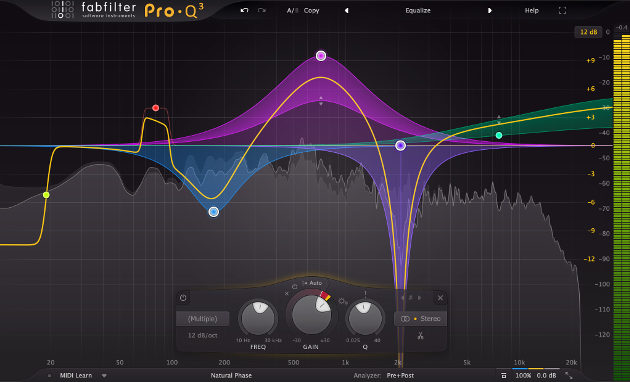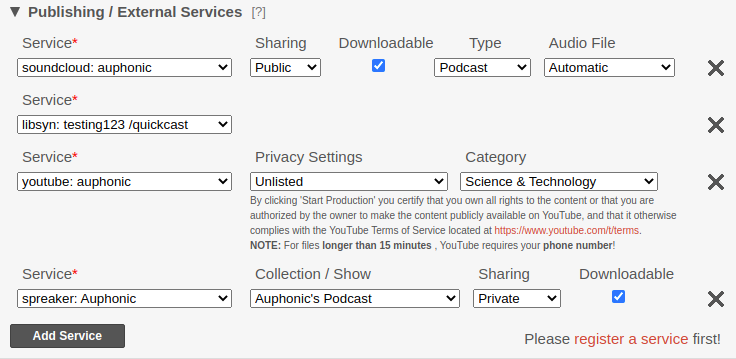Audiobook production has a uniquely stressful property: technical delivery specs are strict, and a single out-of-range file can delay an entire release. Audible / ACX is a common example with strict criteria that uploaded files need to fulfil before they're accepted.
That’s why we’ve added an additional loudness normalization method in Auphonic: RMS-based normalization. It’s designed specifically for workflows that need RMS targets, including Audible / ACX.

What ACX requires (loudness and peaks)
ACX asks for each file to meet a level measured in RMS and a maximum peak limit. The headline values as stated in their ...




 Photo by
Photo by
 Glitch While Streaming by
Glitch While Streaming by

